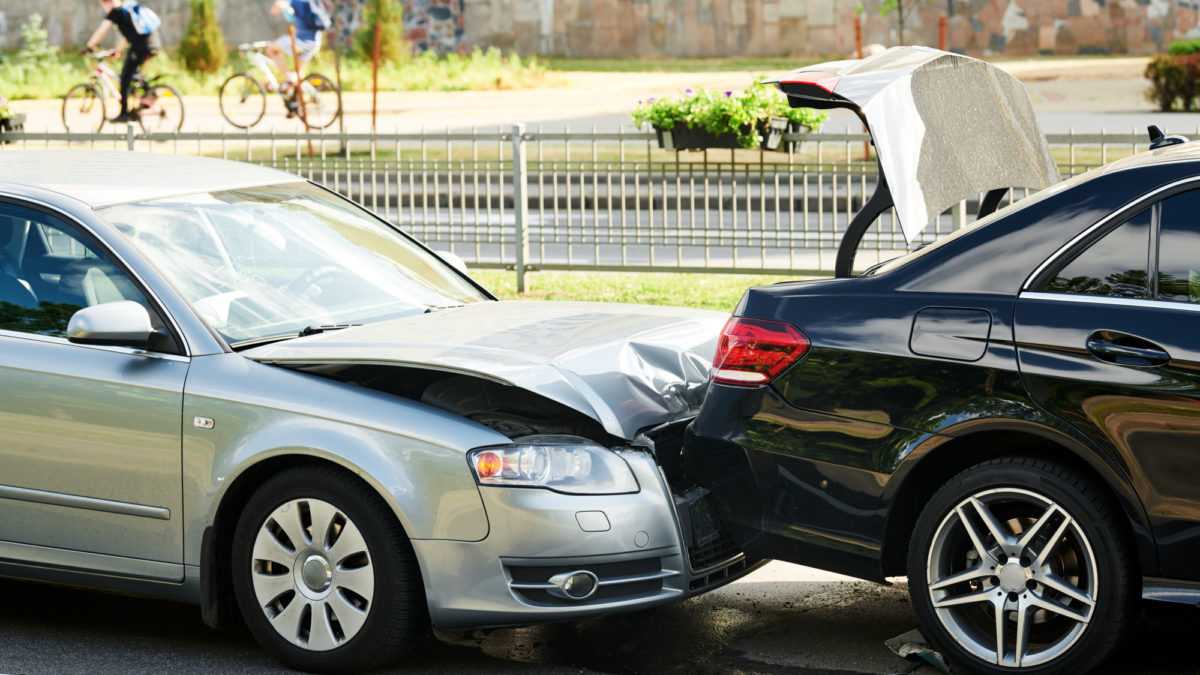According to the Association for Safe International Road Travel, an estimated 20 to 50 million drivers end up injured in car accidents each year.
Though that might sound like a nebulous number, car accidents happen every day in your neck of the woods. When you find yourself in a car accident, the next step isn’t always so clear.
Take a deep breath and let’s figure it out together. Keep reading to find out about five crucial steps you should take after you’re in a car accident.
Table of Contents
Toggle1. Look For Injuries
Due to the sudden nature of a car crash, you might find yourself running on pure adrenaline. As a result, you might feel completely fine despite sustaining a major injury like whiplash or even a broken bone.
Always take a second to check yourself and your passengers for injuries.
Make a beeline for the hospital when it’s safe to leave the scene of the accident. Some injuries aren’t always visible and may take some time to surface.
2. Call the Police
Once everyone in your vehicle is safe, you’ll want to call your local non-emergency police line. An officer will need to visit the scene and file a police report.
Among other things, they’ll ask for your insurance, the make and model of your vehicle, and your recollection of what caused the accident.
3. Take Photos of the Scene
Your car insurance company is going to ask for photos of the accident. And if you don’t take enough pictures, your insurance rates may skyrocket.
Capture photos from every angle of the accident. Be sure to snap some pics of street signs, too, to corroborate your story.
These photos are an important part of your insurance claim, along with the police report, so the more evidence you can collect, the better.
4. Don’t Admit Fault
Determining fault when reporting a car accident is often cut and dry. Particularly if it’s a rear-end collision or a T-bone accident, but one of the things to know is that something as simple as saying, “I’m sorry” is considered an admission of fault.
So, what happens if you admit fault? For starters, your insurance rates will likely go up. It may also make you liable from a legal standpoint, meaning the other driver(s) or their insurance company could choose to sue.
It’s okay to check on the other driver or drivers at the scene, but let the responding police officer determine fault.
5. Contact a Lawyer
Even if you don’t end up needing their help, it’s a good idea to have the contact information of a car crash attorney on hand.
Consult them after the accident to see what your options are and keep them in the loop as your insurance claim progresses.
On the other hand, if the other driver was at fault and the accident was due to negligence, you may have grounds to sue. Most attorneys offer a free consultation, so don’t hesitate to take them up on their offer.
What to Do After a Car Accident
Nobody ever wants to find themselves in a car accident. But the fact is, accidents happen all the time. Knowing what to do could just save your life.
For more tips on navigating your options, be sure to look into the other great content in our legal section!
Categories
Recent Posts
Advertisement


